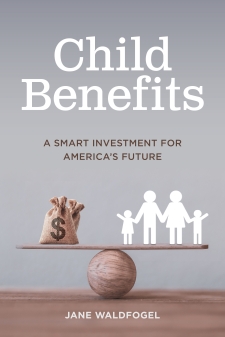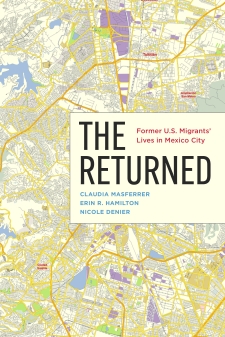Understanding and Mitigating the Impact of Pandemics on Jobs: Is COVID-19 Speeding up Automation?
Companies have long experimented with automation to replace workers. For example, McDonald’s has been testing robots as cooks and servers, Amazon uses robots to haul products in its warehouses, and banks are adopting artificial intelligence (AI) to perform tasks like decision-making and anomaly detection. During the COVID-19 pandemic, the public health risks and the implementation of safety measures have led to large-scale layoffs, suggesting that automation and AI might further reduce reliance on workers. Such developments could be positive if they allow firms to sustain operations that would otherwise close. However, they could reduce total employment. Using data on job postings and millions of resumes, economist Anastassia Fedyk will provide the first systematic empirical evidence on the extent to which firms increased their investment in automation in response to the COVID-19 pandemic. She hypothesizes that firms more exposed to workplace disruptions from the pandemic increased their investments in automation technologies from 2019 to 2020 more than firms less exposed to pandemic-related disruptions. She will leverage employer-employee data to construct measures of firm-level investments in automation on a monthly basis, and measures of firm-level exposure to the pandemic based on the composition of their workforces.





